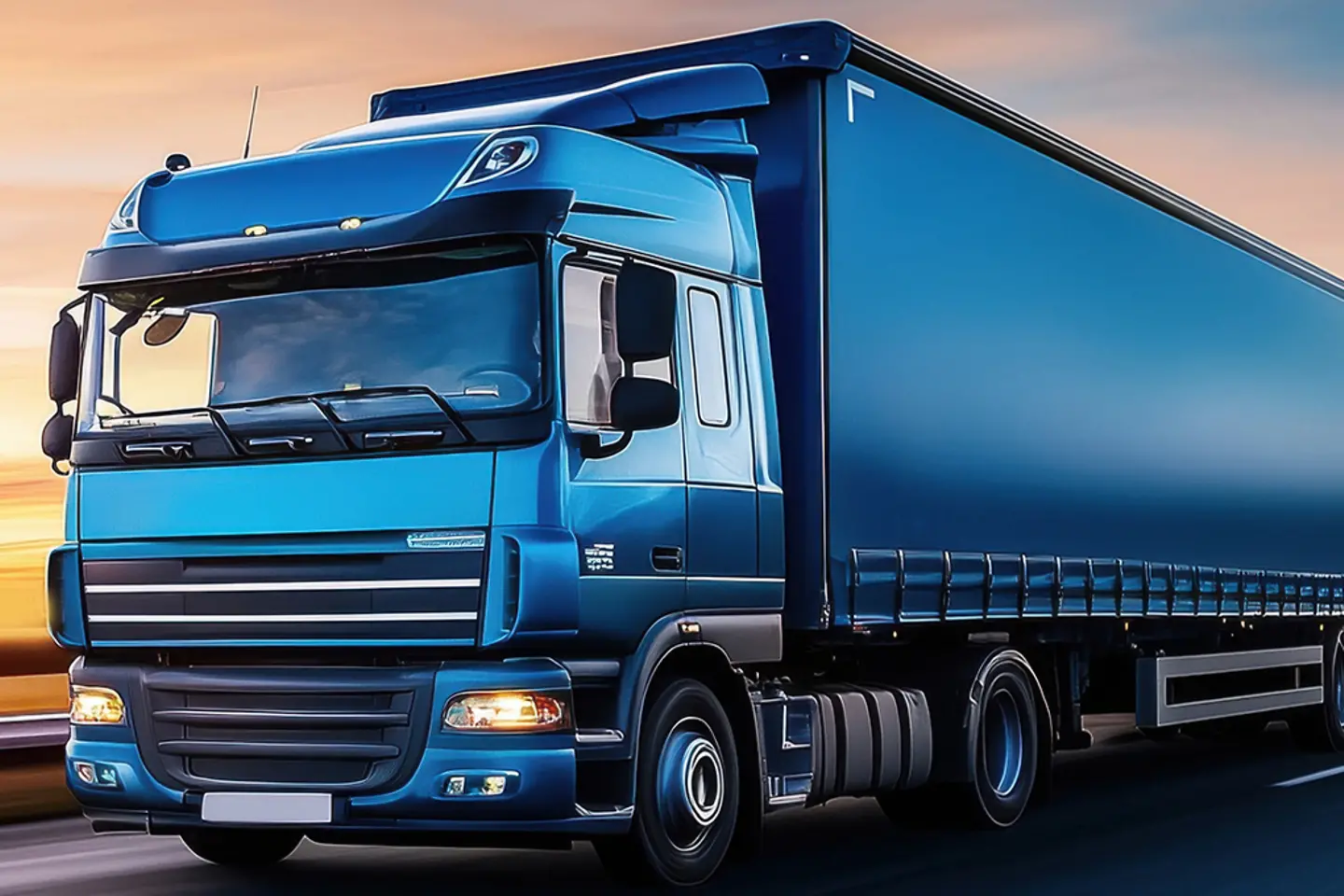
20 years ago, Germany took a major step with the introduction of a distance-based truck toll on motorways. Today, the fee-based use is not only a central component of transport financing, but also an effective instrument for climate protection. Hardly any other infrastructure measure has been as financially sustainable as the toll: since its introduction on 1 January 2005, the operating company Toll Collect has generated over 100 billion euros in toll revenue for the Federal Government. For 2025, the federal government expects revenues of just over €15 billion.
Since December 2023, part of the toll has been calculated directly based on the vehicles’ CO₂ emissions. This increases the pressure to innovate and makes low-emission vehicles more economically attractive. The German government aims to reduce CO₂ emissions in road freight transport by around 30% by 2030. This corresponds to nearly 45 million tonnes of CO₂ equivalents compared to 2022.
The federal government uses the majority of toll revenues for expanding and maintaining highways and increasingly for climate-friendly mobility projects such as rail. This makes the toll both the driving force behind nationwide transport infrastructure and an export success for intelligent toll systems. This is because T-Systems not only operates the core IT systems for Toll Collect, but also the truck toll in Belgium and, in the future, a section of the French motorway in Alsace. T-Systems is also number one when it comes to toll roaming.
T-Systems and STRABAG AG founded the joint venture Satellic NV to operate the Belgian toll system. T-Systems is the main shareholder and supplier of the technical solution. We implemented the complete toll system within 18 months. Since April 2016, the toll solution has been collecting road tolls using global satellite navigation systems such as GPS. The on-board unit (OBU) calculates tolls based on distance travelled and tariffs based on the vehicle size, emission class and region. Invoicing and processing of toll payments are handled by the T-Systems’ computing platform. Currently, around 600,000 trucks are equipped with a Satellic OBU. On Belgium’s 6,700 kilometres of toll roads, the platform collects toll transaction data from around 140,000 trucks every day.
There are more than 15 distance-based toll systems in Europe. Typically, drivers must conclude contracts with multiple operators — but with Toll4Europe, only one partner is needed. The basis is the standard “European Electronic Toll Service” or EETS for short. A few years ago, T-Systems founded Toll4Europe together with Daimler Truck, DKV and Shell. Today, Toll4Europe leads the European toll market, serving over 600,000 truck customers and generating an annual toll volume of €6.5 billion. That is more than €550 million per month. T-Systems is also the main shareholder and supplier of the platform here. We manage all business processes, from decentralised OBU management to the operation of the central infrastructure for customer management and billing. Depending on the respective country, the road user fees are levied here either with global satellite navigation systems or by means of the radio technology “Dedicated Short Range Communication” (DSRC). The different parameters for calculating the toll, such as emission class, weight and number of axles, are set differently for each country and are all supported. We bill more than 200,000 kilometers of toll roads on a daily basis.

With 25 years of experience in satellite-based toll systems, we are helping to make the air cleaner, roads safer and the future more connected for drivers and authorities.
Christoph Ahrendt, Chief Financial Officer at T-Systems
More than 51,000 kilometres on German motorways and federal roads are subject to tolls. Around 1.2 million vehicles weighing 3.5 tonnes or more are registered with Toll Collect. They cover around 40 billion kilometres per year and are expected to generate around €15 billion in toll revenue for the federal government in 2025. Toll collection is carried out via satellite- and mobile-based on-board units. In combination with the central back-end infrastructure in T-Systems’ data center, the toll system processes enormous volumes of data. The billing logics, the management of tariff and legal changes as well as data protection and IT security are designed at the highest level and meet the strict rules and requirements in Germany and the EU.
In June, Toll Collect again commissioned T-Systems to operate the IT for the truck toll system in Germany as part of a Europe-wide tender process. We have been managing the IT landscape for Toll Collect since 2005 – most recently in the data center in Munich. Now we are moving the applications to a T Cloud Private at the data center locations in Magdeburg and Biere. The contract has a volume in the three-digit million-Euro range. The term is eight years with the possibility of an extension of four years.
The cloud infrastructure is predestined for this because the requirements for scalability, standardization and security are high:
Due to legal requirements, Toll Collect chose a highly, sovereign private cloud solution:with sovereign technology, operation and data. T-Systems provides a quality-assured cloud infrastructure in its twin-core data centres. The operation takes place entirely in Germany. And the data always remains in Germany. This gives Toll Collect absolute control over IT components and data flows. They thus meet the highest requirements for data protection and compliance.
T-Systems Road User Services offers future-proof toll solutions that make traffic more efficient, fairer and more sustainable. With 25 years of experience in satellite-based toll systems and being a European electronic toll service provider and service provider for intelligent mobility solutions, we contribute to making the air cleaner, the roads safer and the future more connected for drivers, authorities and communities.
We combine innovation and flexibility with proven solutions. Our modular tolling services support national and cross-border charging systems, mobile apps, ticketing platforms, control systems and real-time customer service solutions. As Europe’s leading toll provider, we know what authorities, fleet operators and private individuals need. Together, we are shaping the future of mobility: smart, efficient and environmentally friendly.